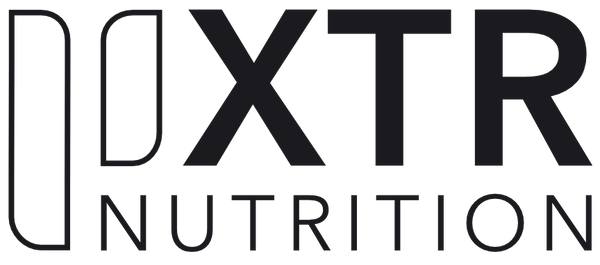
Probiotics
Share
The idea that bacteria are beneficial can be hard to understand, but having the right bacteria in the right place has positive health effects. This is where Probiotics come into play.
Although people often think of bacteria and other microorganisms as harmful, many microorganisms help your body to function correctly, for example, bacteria that are normally present in your intestine help the human body to digest food, fight disease and produce vitamins. Scores of microorganisms already live inside your body, in fact, microbes in the human body outnumber human cells by ten to one. The microorganisms found in Probiotic products are the same microorganisms that naturally occur in a healthy digestive system.
What Does Probiotic Mean?
Probiotic means Promoting Life with friendly bacteria, Probiotics are live bacteria that are good for your health, especially your digestive system, they are similar to beneficial microorganisms found naturally in the human gut. They are added to yoghurts or taken as food supplement, these good bacteria help maintain or restore the natural balance of good bacteria in your digestive system, this is especially important when a person has suffered illness or undergone a treatment that has disrupted the natural bacteria balance.
The History of Probiotics
The concept behind eating live bacteria to improve health, rather than contracting disease came from Eastern Europe, it was introduced in the early 20th century, when Nobel laureate Elie Metchnikoff, known as the “father of probiotics” proposed that consuming beneficial microorganisms could improve health. Metchnikoff published his findings from studying the longevity of Bulgarian peasants who were known for eating a fermented milk product called Kiselo mlyako (Sheep's Milk Yoghurt), his studies found that there are fermenting bacteria called Lactobacillus which produces lactic acids during the fermentation process.
Elie Metchnikoff published his findings in his book The Prolongation of Life, a few years previous in 1899 a French paediatrician Henry Tissier at the Pasteur Institute in Paris began studying the faeces of healthy breastfed infants, he discovered that the healthiest infants all had what he named Bifidobacterium in their faeces, Bifidobacterium is a Y-shaped gram-negative bacteria linked to good health.
Elie Metchnikoff and Henry Tissier provided the basis of Probiotics still in use today over one hundred years later. Lactobacillus and Bifidobacterium are the two main genus of Probiotics with proven beneficial effects on the human digestive system as well as a number of other health benefits.
The Health Benefits of Probiotics
Taking a Probiotic supplement daily has many beneficial effects such as helping to support your immune system, preventing AAD (Anti-Biotic Diarrhoea). Without probiotics, antibiotics will wipe out the protective gut bacteria, resulting in diarrhoea and slower recovery. Evidence suggests that Probiotics also help with infectious diarrhoea, IBS or lactose intolerance. Lactobacillus and Bifidobacterium Bacteria also have effects on your immune system spurring the production of Hemoglobin A (HbA) and Beta-defensin which are both immune proteins, this immune system stimulation is what provides the exceptional health of probiotic users.
What to Look For When Choosing A Probiotic Supplement
When taking a Probiotic supplement, you are taking Colony Forming Units (Cfu), these colonies are live bacteria that can reproduce spread and colonise your colon, this is important to understand when selecting a Probiotic supplement. It is recommended to choose a probiotic with a minimum of five billion Lactobacillus and Bifidobacterium Cfu. The higher number of Cfu, the better chance that the bacteria will survive the stomach acid arriving safely at your intestine as intended.
